Why Do Government and Politics Matter?
Opinion
Gov’t and politics both play important parts in all of our lives.
Every morning, we eat breakfast regulated by the U.S. Food and Drug Administration. We wear clothes made by hands in other countries and imported through the International Trade Administration. We ride government-commissioned buses and government-regulated cars to a school funded by taxes.
The government is all around us, every day, whether we know it or not. And because of this, we know that it matters.
But the question is, why are we treating it like it doesn’t?
Government and politics in the United States have been controversial since its birth. The very people who founded this country held onto different sets of beliefs, and as a result, split into parties that would oppose each other, time and time again.
An eye-opener has been that as the rivalry between the parties has grown deeper, voter turnout has actually gone down.
In the past century, the highest voter turnout was 63.8 percent in the 1960 presidential election, according to the website of the Pew Research Center, a renowned think tank that compiles political data.
In the 1996 presidential election, only 58 percent of all eligible voters say they cast a ballot, marking an almost six percent decrease in turnout in under 40 years.
The general populace no longer seems to care about the nation’s most important issues. These affairs now seem to be restricted to a handful of wealthy politicians who sit in a building on Capitol Hill to try and solve America’s problems.
The reality of these politicians is that today’s voters who elect them are mostly comprised of older, wealthier, more educated people who want their interests represented.
According to Pew, the 2008 election revealed that 50 percent of eligible millennials actually casted a vote, as opposed to the voters who were 71 and older, who had a 70 percent turnout.
Although the number of registered voters between the two groups is nearly the same, there is a big difference between registering and actually heading to the polls.
Historically, America has always pushed its democracy into every nation its soldiers set foot in. If this is the case, why aren’t we participating in our own democracy? Why are we in the bottom half of the world’s voter turnout rates?
Only 53.6 percent of America’s voting age population actually heads to the polls, compared to Belgium’s 87.2 percent and Sweden’s 82.6 percent.
This is disappointing.
“I think that as life gets more comfortable, as the standard of living gets higher, people just accept the system as it is, and they’re like ‘things are not that bad’,” said AP World History and AP US History teacher Lauren Hall.
“I think when people have to sacrifice when people have to invest, they’re more likely to vote,” she also said.
When asked as to why people don’t vote, AP US Government and Politics teacher James Campbell had the following to say: “Some people don’t understand how much their lives are impacted by government. Some people are disenchanted with the political process and therefore do not participate.”
Because the majority of American people, or at least those in the privileged class, don’t have to sacrifice or want for things, we get desensitized to the issues that politicians have to deal with. And to be frank, too many citizens of voting age aren’t concerned enough about politics to educate themselves or to go out and get educated on the topic.
Despite data showing low voter turnout among the country’s youth, many students at the school said they feel voting is an important part of being an American.
“It’s your duty as a citizen to vote,” said freshman Lily Parzych, an AP Government and Politics student. “And I think that people who aren’t voting are the ones who complain about things not getting done.”
Why is it that the hopeful youths– that are only a few years below voting age– who see the government so positively and even feel a need to vote, throw their sense of civic duty out the window once they reach age 18?
Is it because once they reach that age, they are so consumed with their day-to-day lives and all of the responsibilities that come with adulthood that they don’t understand the essence of why government and politics matter, and how they affect nearly every aspect of the way we live?
Government and politics matter because those wealthy politicians on Capitol Hill determine how we get educated, how much of our income we get to keep and how the portion that is taken away is used to better the nation.
They determine the way we drive our cars, which foreign coffees we drink and which expensive smartphones we mindlessly drone away on.
Like it or not, our government is a democratic republic. This means that in order to effectively function and carry out its purpose, the people need to understand why it really matters, the gargantuan impact it has on our lives and how to use the voice that they are rightly given as American citizens.
Government matters — we know it does. If we don’t play our part in it, we risk losing our say in even the way we live our own day-to-day lives, and ultimately, the operation of our country as a whole.

Cherise Kim is a senior and a fourth-year reporter. She serves as President for Model UN, Young Democrats and National Social Studies Honors...
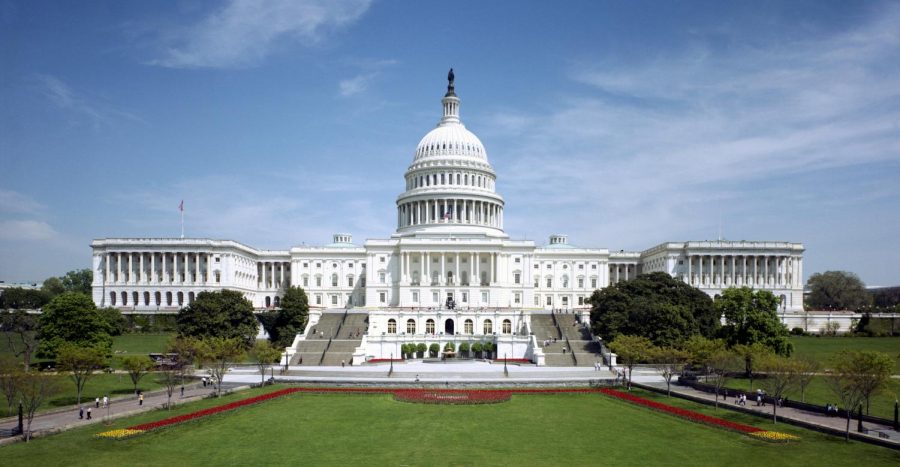
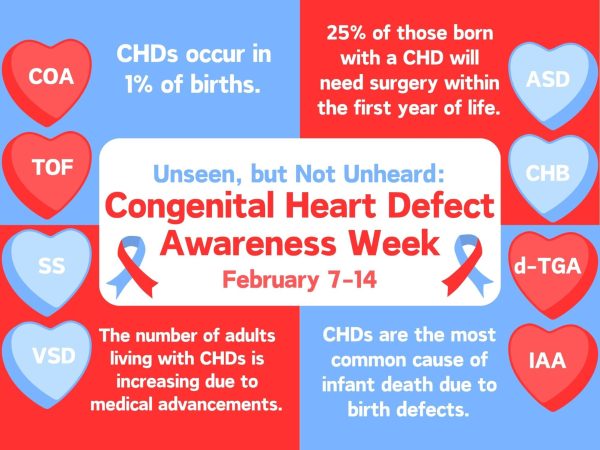
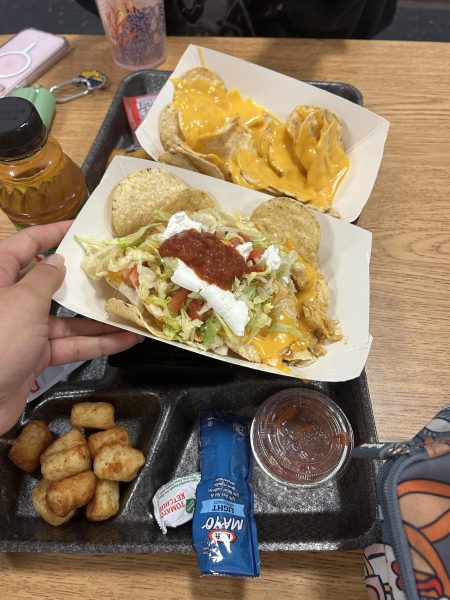
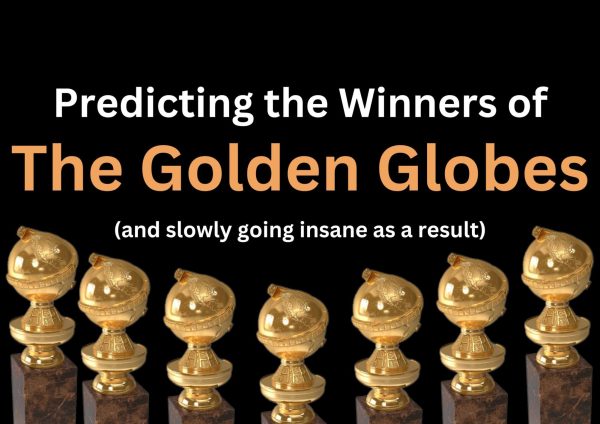

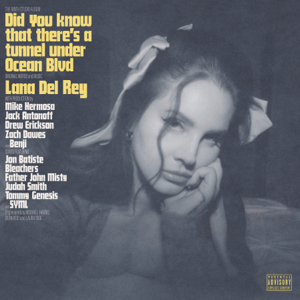
Vedic Panda • Dec 15, 2016 at 2:34 pm
True Story.
Shreya • Nov 15, 2016 at 11:14 am
OMG CHERISE KIM!!!
Ilana M. • Oct 11, 2016 at 12:34 pm
This is an incredible article, Cherise!! It was so eye-opening and I really hope more people take the time to read this and take the time to get educated. Great job!!
Mrs Hall • Oct 4, 2016 at 7:15 pm
Well done, Cherise!
Anika Eechampati • Sep 26, 2016 at 6:08 pm
I think it’s amazing how well you worded this ongoing problem. You are a fantastic writer and I know you will put in as much thought into everything else you will write like you did this one!!
Macy Allard • Sep 26, 2016 at 3:27 pm
Cherise you are such a talented writer and you can tell that lots of thought went into this article.
Andrew Maiorino • Sep 26, 2016 at 11:38 am
This is fantastic and I am so excited to see the next work by Cherise Kim!